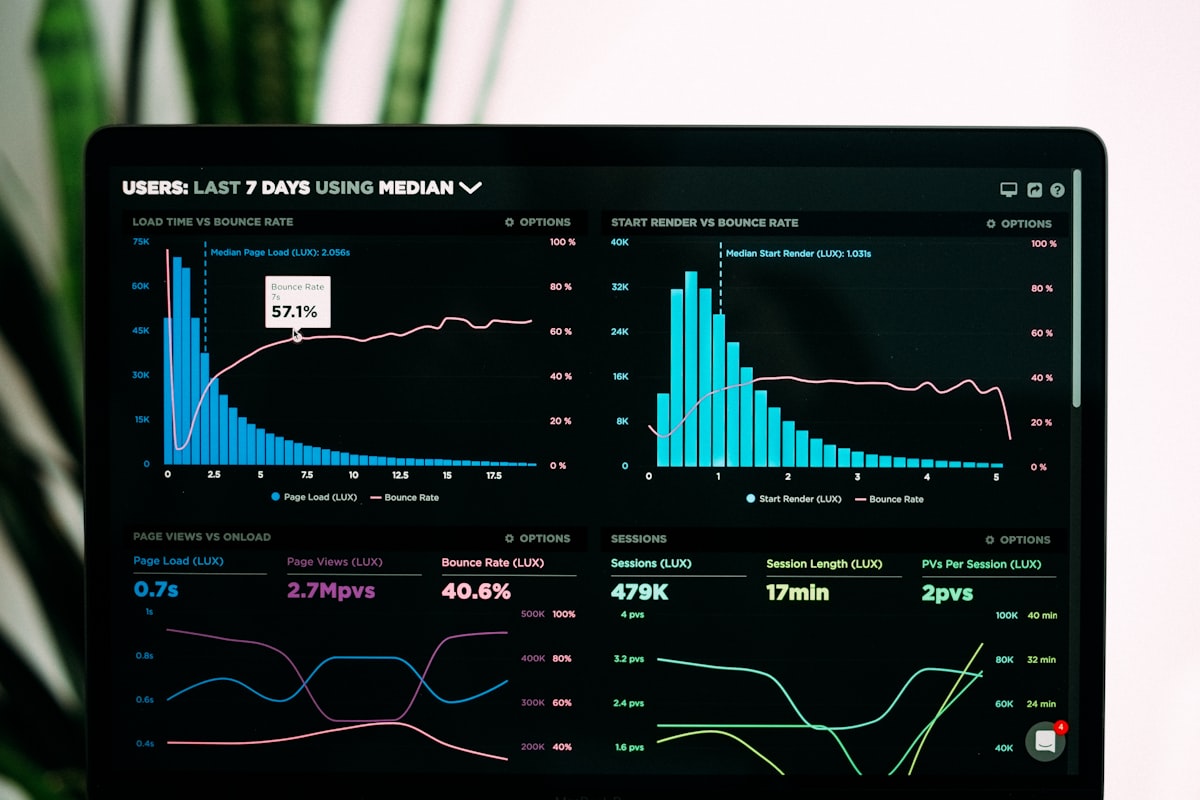This article explores why image metadata impacts seo rankings with practical strategies, examples, and insights for modern web design.

While most digital marketers focus on visible SEO elements like alt text and surrounding content, image metadata represents a significantly underutilized opportunity for improving search rankings. Metadata—the embedded information within image files—provides search engines with rich contextual data that enhances understanding, improves relevance signals, and can dramatically impact how images are ranked and displayed in search results.
Image metadata encompasses various information types, from technical camera details (EXIF) to descriptive information (IPTC) and rights management data. When properly optimized, this hidden layer of information helps search engines understand image content, context, and quality, contributing to better indexing, more accurate image search results, and improved overall page relevance. According to recent studies, images with comprehensive metadata can receive up to 30% more search visibility than those with minimal or poorly optimized metadata.
At Webbb.ai, we've developed a comprehensive approach to metadata optimization that balances SEO benefits with practical implementation considerations. In this guide, we'll explore the different types of image metadata, how search engines use this information, and practical strategies for optimizing metadata to improve your search rankings and drive more organic traffic.
Image metadata comes in several standardized formats, each serving different purposes and containing specific types of information. Understanding these formats is essential for effective metadata optimization.
EXIF data is automatically created by digital cameras and smartphones, containing technical information about how the image was captured:
IPTC standards provide structured fields for descriptive information added during post-processing:
Adobe's XMP framework provides a flexible, extensible format for storing metadata:
This general-purpose metadata standard is sometimes used for images:
Understanding these metadata types provides the foundation for effective optimization, complementing the technical image optimization strategies we discussed in our guide on image optimization techniques.
Search engines extract and analyze image metadata to better understand content, assess quality, and determine relevance. This information contributes significantly to ranking decisions in both image-specific and general web search results.
Search engines use metadata to understand what an image depicts and how it relates to surrounding content:
Metadata provides signals that help search engines assess image quality and authority:
Specific metadata elements directly influence search rankings:
Metadata enables enhanced search features and rich results:
These search engine uses of metadata demonstrate why comprehensive optimization is essential for SEO success, particularly when combined with the responsive image strategies we covered in our article on serving the right image to the right device.
EXIF metadata, while primarily technical, provides valuable signals that search engines use to assess image quality, authenticity, and relevance. Understanding how to manage and optimize EXIF data can contribute significantly to your SEO efforts.
The camera make and model recorded in EXIF data can serve as a quality indicator:
Exposure information provides insights into photographic technique:
Capture datetime helps search engines assess content freshness:
GPS coordinates in EXIF data powerfully support local search optimization:
To leverage EXIF data for SEO:
These EXIF optimization strategies contribute to a comprehensive technical SEO approach, similar to the optimization techniques we implement in our comprehensive SEO services at Webbb.ai.
The IPTC metadata standards provide structured fields for descriptive information that directly supports SEO efforts. These standards were developed specifically for the media industry and offer comprehensive fields for content description, categorization, and rights management.
These essential IPTC fields directly impact search visibility:

Digital Kulture Team is a passionate group of digital marketing and web strategy experts dedicated to helping businesses thrive online. With a focus on website development, SEO, social media, and content marketing, the team creates actionable insights and solutions that drive growth and engagement.
A dynamic agency dedicated to bringing your ideas to life. Where creativity meets purpose.
Assembly grounds, Makati City Philippines 1203
+1 646 480 6268
+63 9669 356585
Built by
Sid & Teams
© 2008-2025 Digital Kulture. All Rights Reserved.